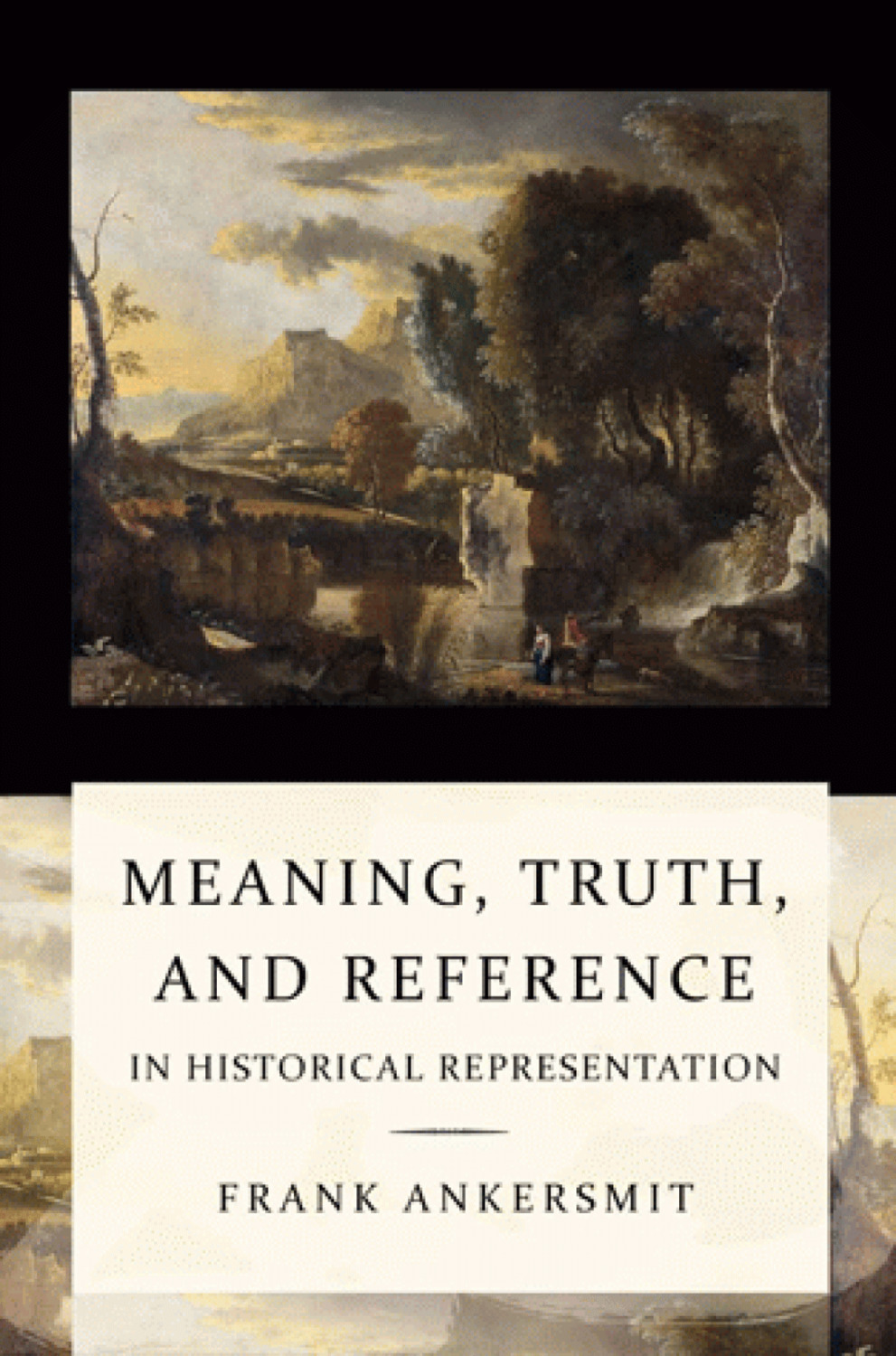
Meaning, Truth, and Reference in Historical Representation
Frank Ankersmit
Regular price
€32.50
(including 6% VAT)
Sale
Monograph - paperback
Co-edition with Cornell University Press. Selling rights for Europe.
For orders outside Europe, contact Cornell University Press
A powerful and provocative contribution to the debate about the nature of historical writing
Frank Ankersmit is the author of many books and essays on the theory of history. In this original work, he provides, for the first time, a systematic account of his understanding of the nature of historical writing. This rehabilitation of historicism will surprise many, as will the way in which Ankersmit goes about it.
Ankersmit argues that the historicist account of historical writing (from Herder, via Ranke and Humboldt, to Dilthey) is correct but needs to be translated from its original romanticist vocabulary into a more modern philosophical idiom. This translation, he maintains, ‘reveals the basic truths about the nature of the past itself, how we relate to it, and how we make sense of the past in historical writing.'
This publication is GPRC-labeled (Guaranteed Peer-Reviewed Content).
CONTENTS
Preface
Acknowledgments
1. Historicism
2. Time
3. Interpretation
4. Representation
5. Reference
6. Truth
7. Meaning
8. Presence
9. Experience (I)
10. Experience (II)
11. Subjectivity
12. Politics
Index
Format: Monograph - paperback
Size: 235 × 156 × 15 mm
264 pages
ISBN: 9789058679147
Publication: May 31, 2012
Languages: English
Stock item number: 66358
Frank Ankersmit is emeritus professor of intellectual history and philosophy of history  at Groningen University, a recipient of the university's medal of honour, and a member of the Royal Netherlands Academy of Sciences.
Ankersmit's original account challenges a more traditional paradigm which analyzes historical writing in terms of concepts inherited from the standard philosophy of language. Ankersmit's semantics provides an exceptionally interesting alternative to more conventional solutions. In short, his Meaning, Truth, and Reference in Historical
Representation compels his critics to reconsider their positions and even to wonder whether it all might be the other way. What if, in the end, it is really the case that to understand historical writing we need to abandon the traditional approach and embrace the new perspective offered by Ankersmit? Those who are open to novel ideas and who are willing to question their own assumptions will undoubtedly benefit from reading this book. It will not necessarily make them see historical writing in the way Ankersmit sees it, but I would be surprised, if they found nothing in the book to challenge their own view of history.
Eugen Zeleňák, Journal of the Philosophy of History 7 (2013) 244-;256
In Meaning, Truth and Reference geeft Frank Ankersmit met een nog grotere verve, belezenheid, argumentatie en sprekende vergelijkingen duiding aan de grenzen die hij al eerder in zijn oeuvre heeft afgebakend. Hij concentreert zich op het abstracte, maar dat verhindert hem niet op een onderhoudende manier duidelijkheid te scheppen in zijn theorie. De charme van dit werk ligt hem dan ook in de plezierige toon waarmee hij zijn gedachtegang toelicht. Dit werk kan perfect dienen voor de student die vertrouwd wil raken met het denken van Ankersmit en op zoek is naar een boek waarin zijn gedachtegoed systematisch en helder wordt samengebald. Maar ook lezers die vertrouwder zijn met zijn werk, kunnen hi er terecht om nog beter grip te krijgen op zijn fascinerende redeneringen.
Sarah Pardon, De Leeswolf, oktober 2012, nr 7
'What is not in this book I consider of no relevance to the proper understanding of 'historical writing'.' - from the Preface
'In my view, Frank Ankersmit, is the most original and important philosopher of history writing today. There is no question but that he knows this field inside out - he seems to have read virtually everything relevant to it. Even more important he has an original and extremely stimulating perspective on the object of philosophy of history, namely, the human attempt to come to grips with the past. Meaning, Truth and Reference in Historical Representation significantly clarifies Ankersmit's views and claims.' - Allan Megill, University of Virginia, author of Historical Knowledge, Historical Error: A Contemporary Guide to Practice
